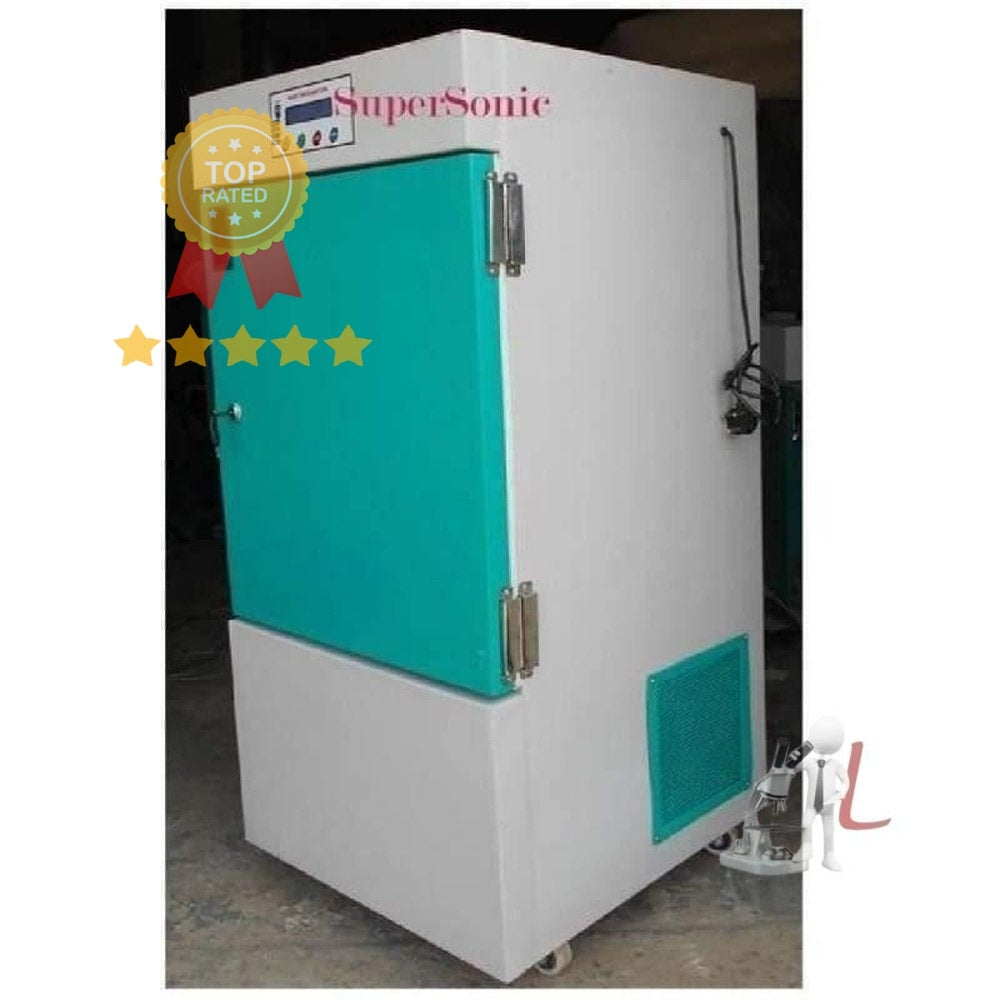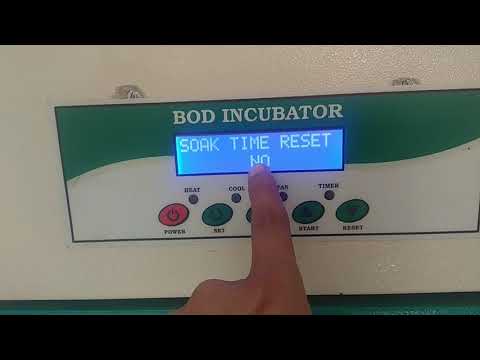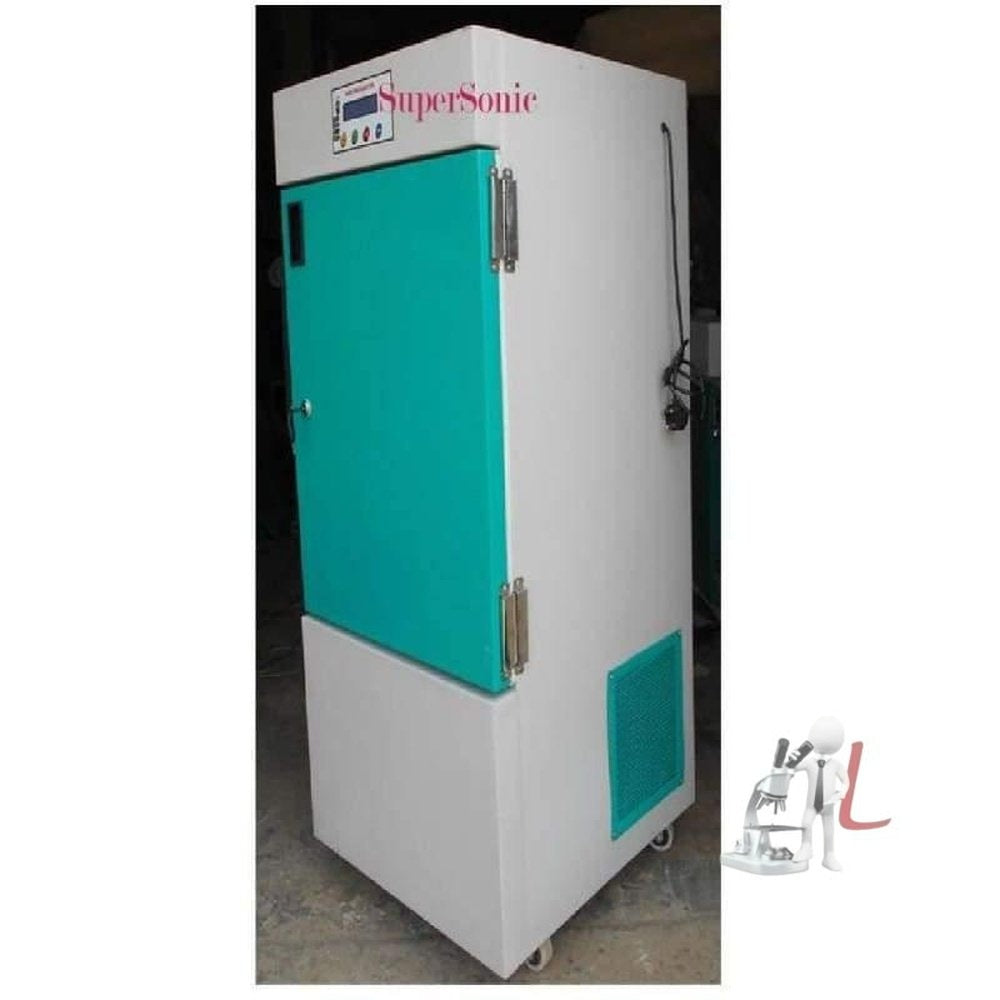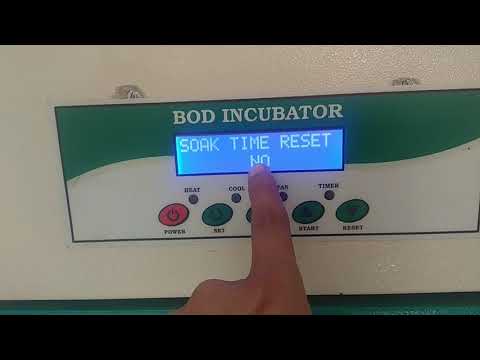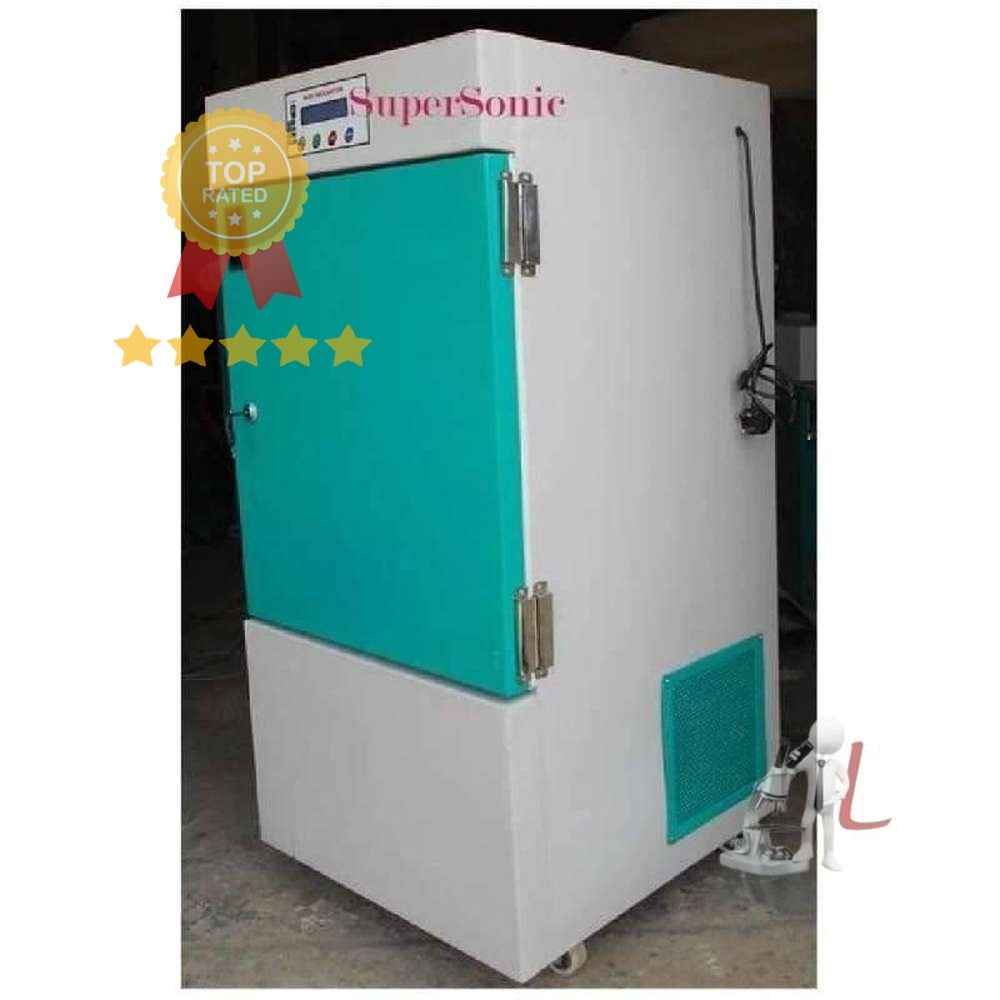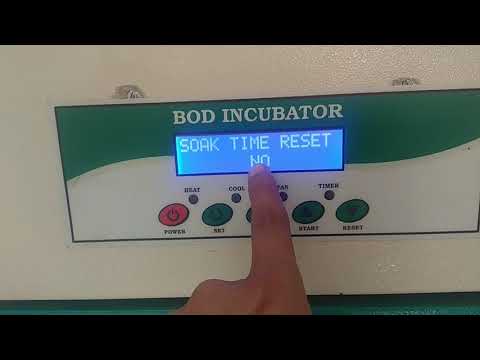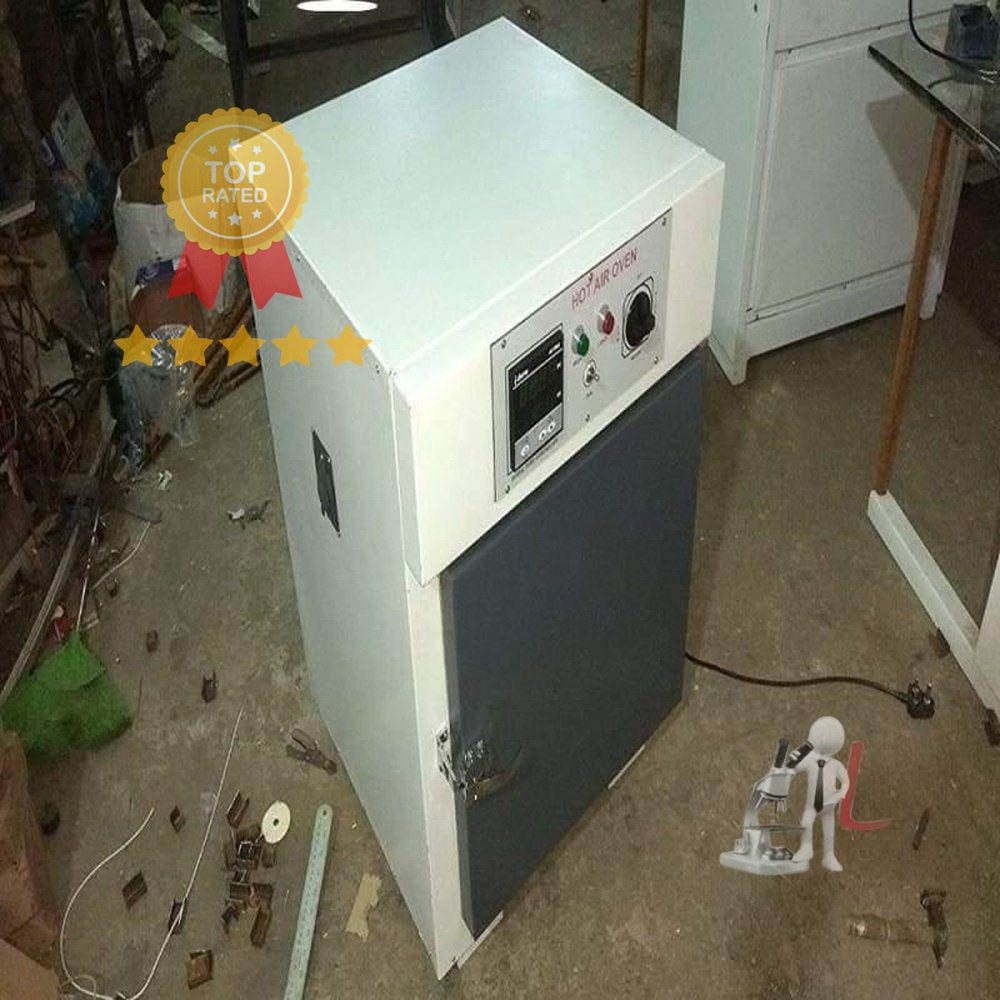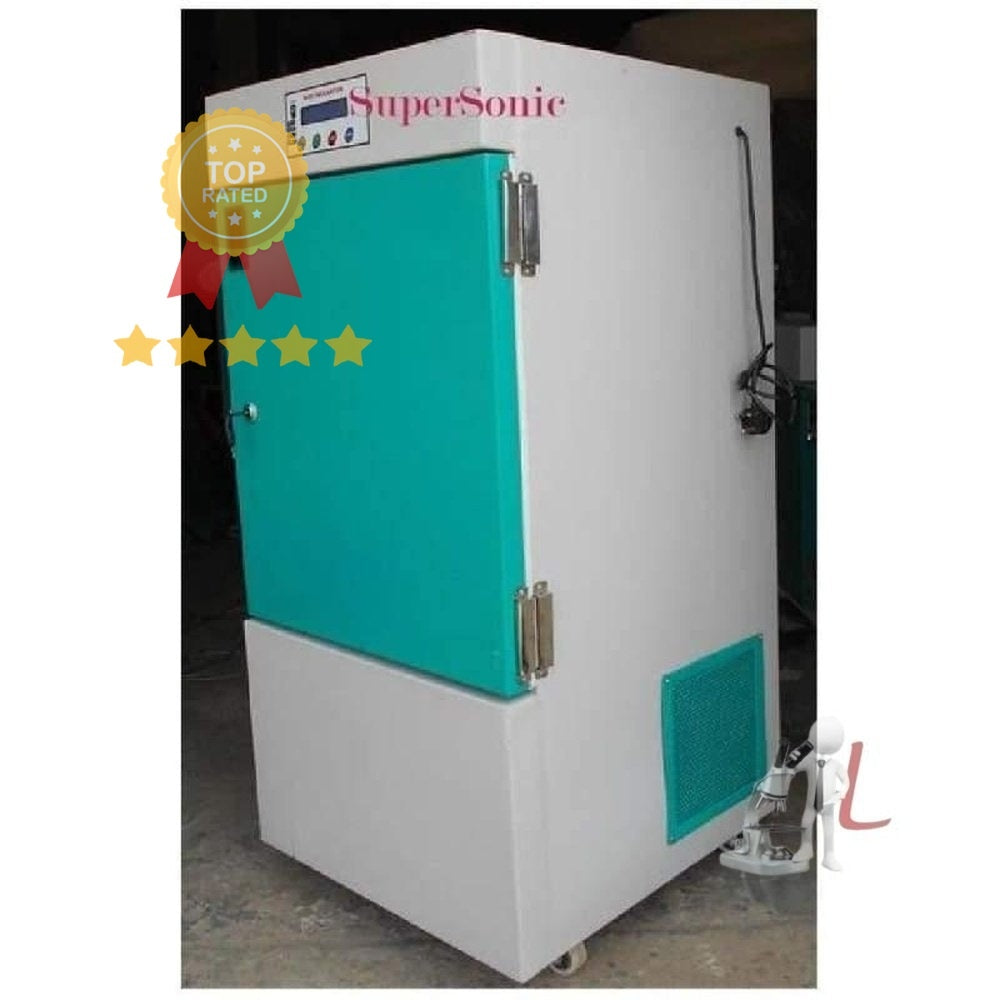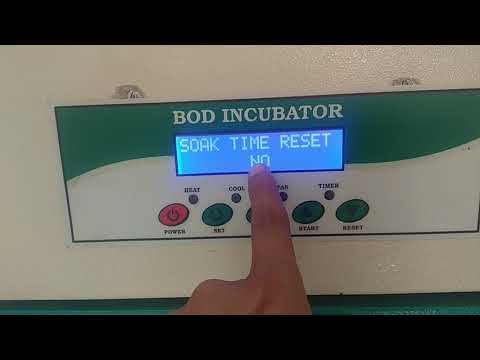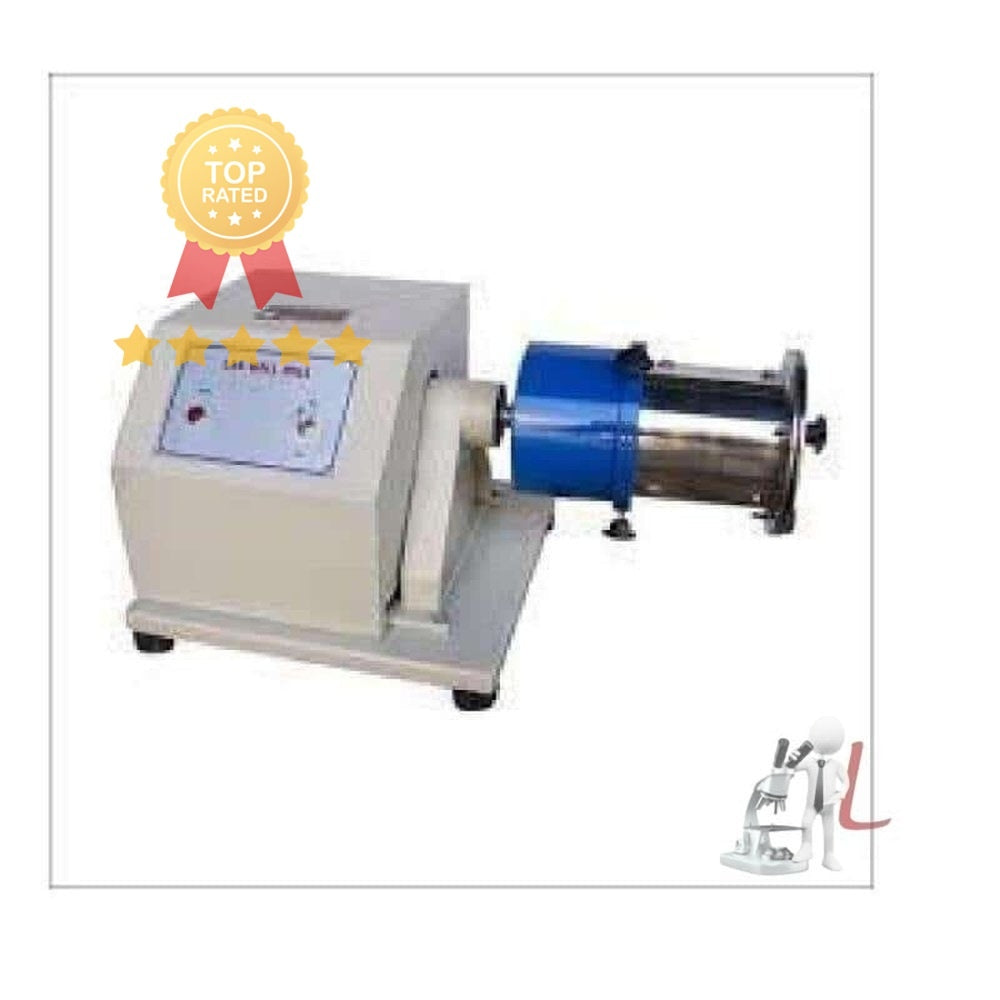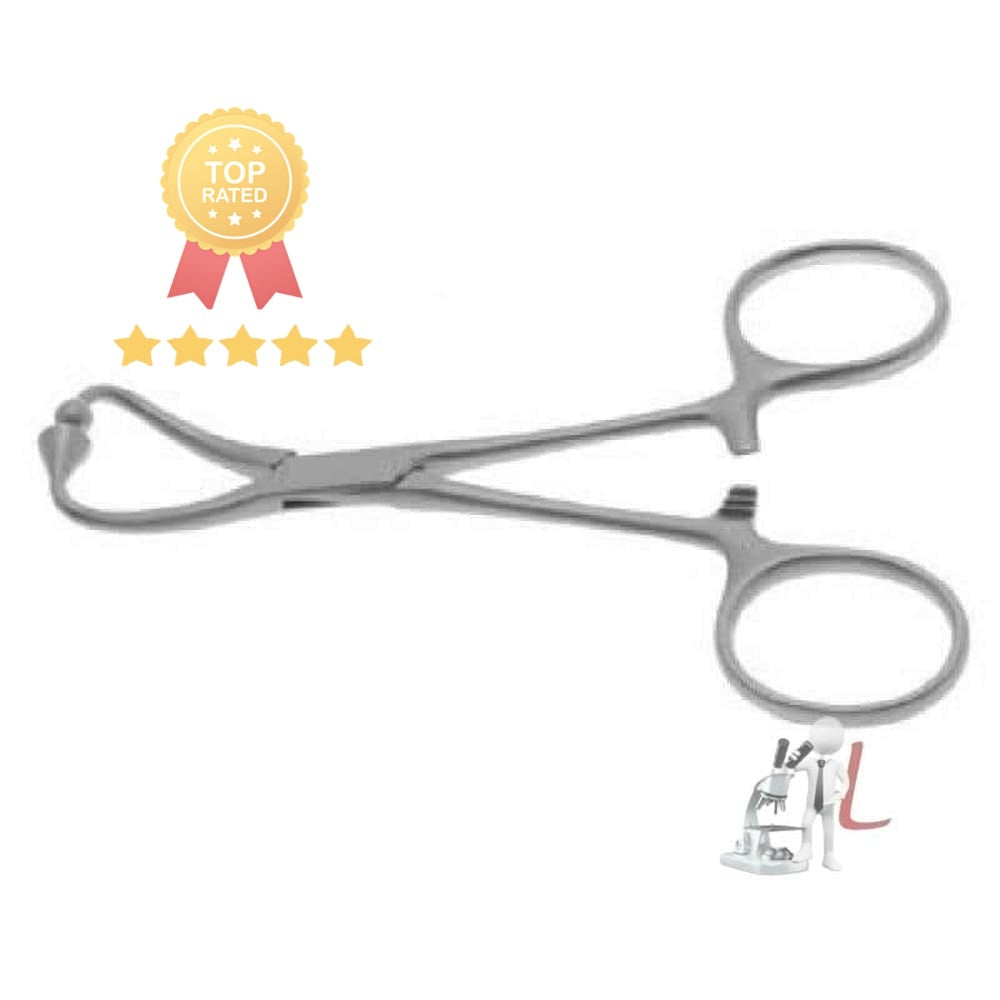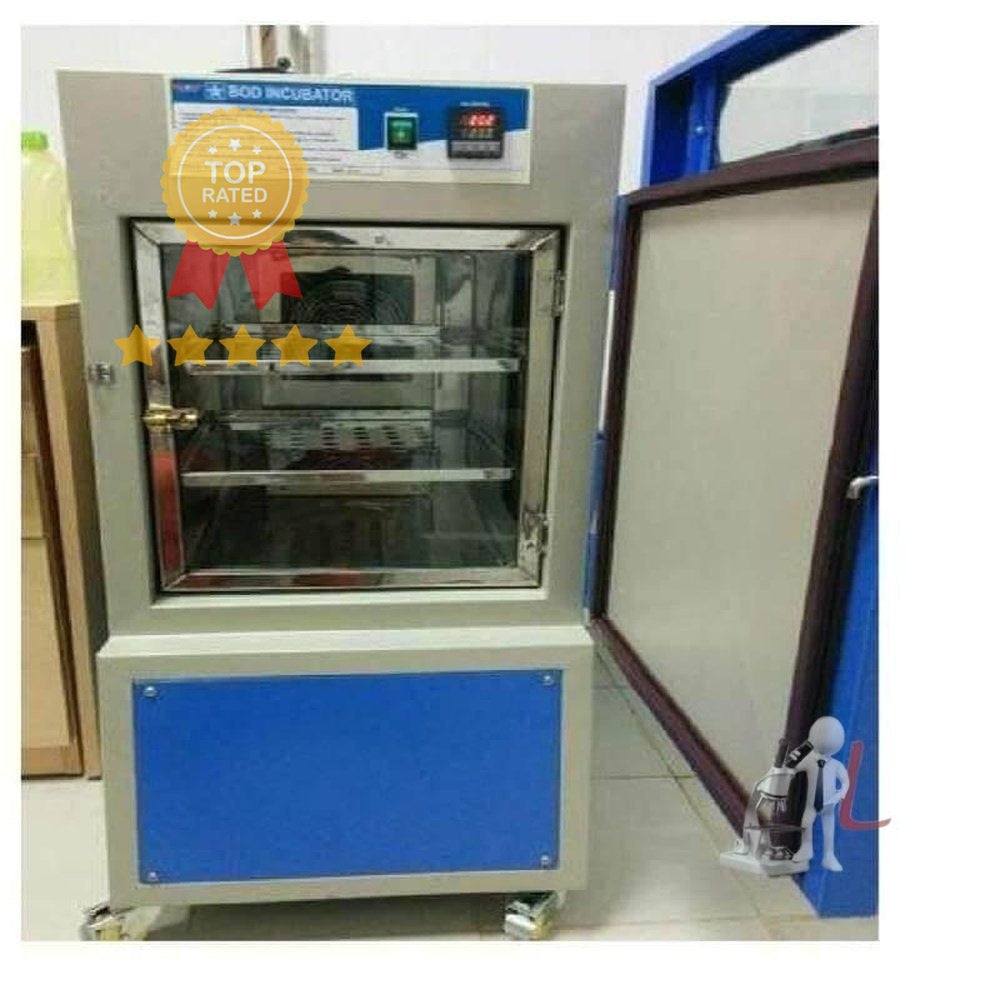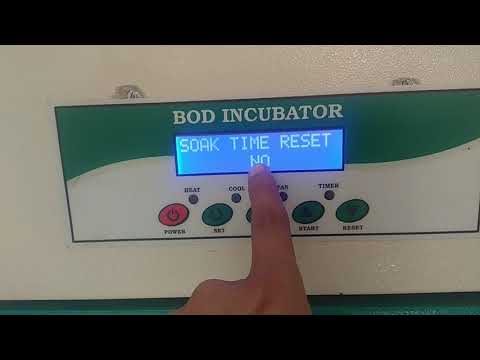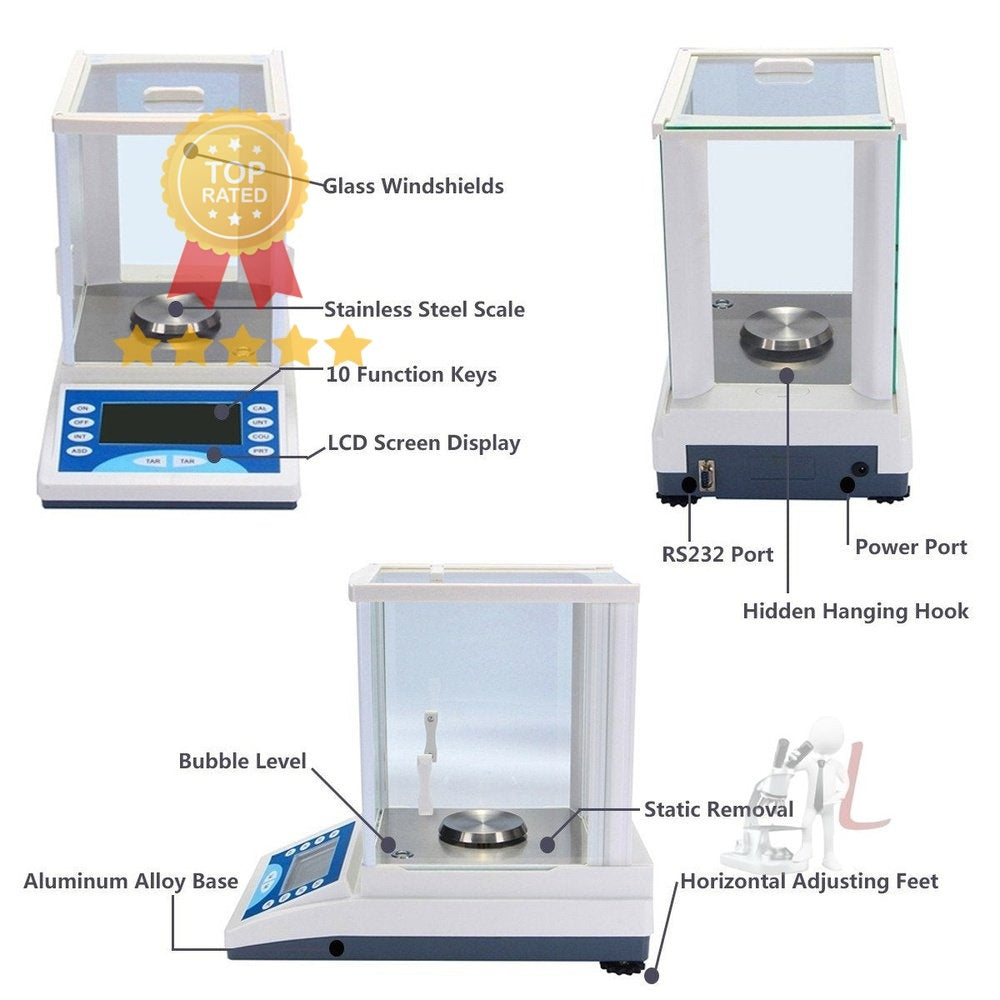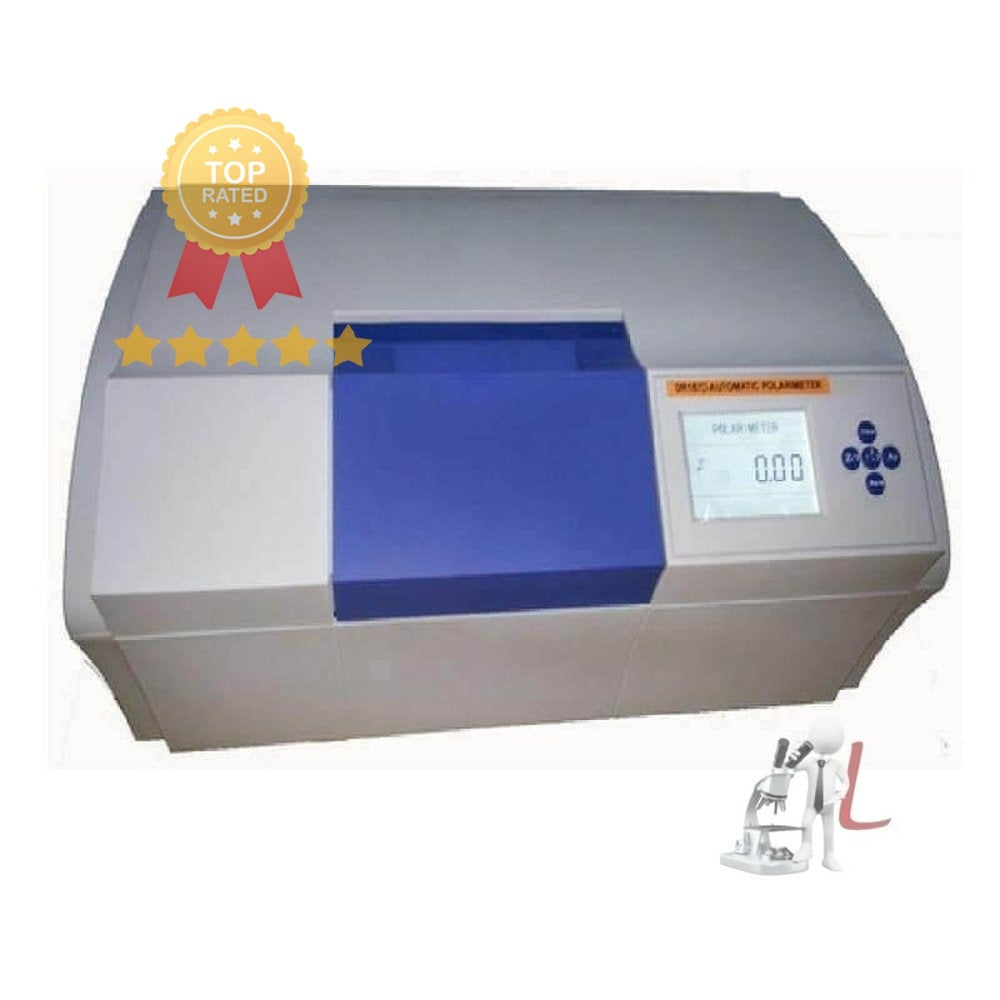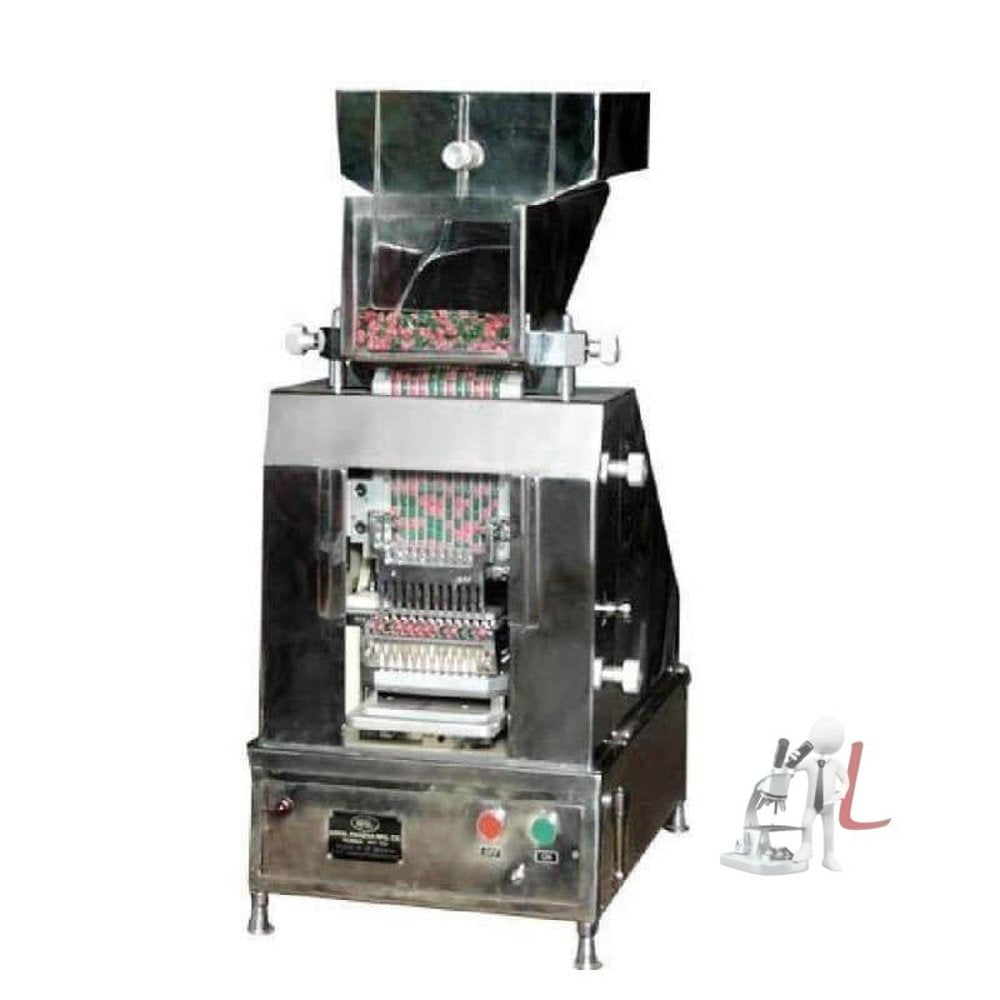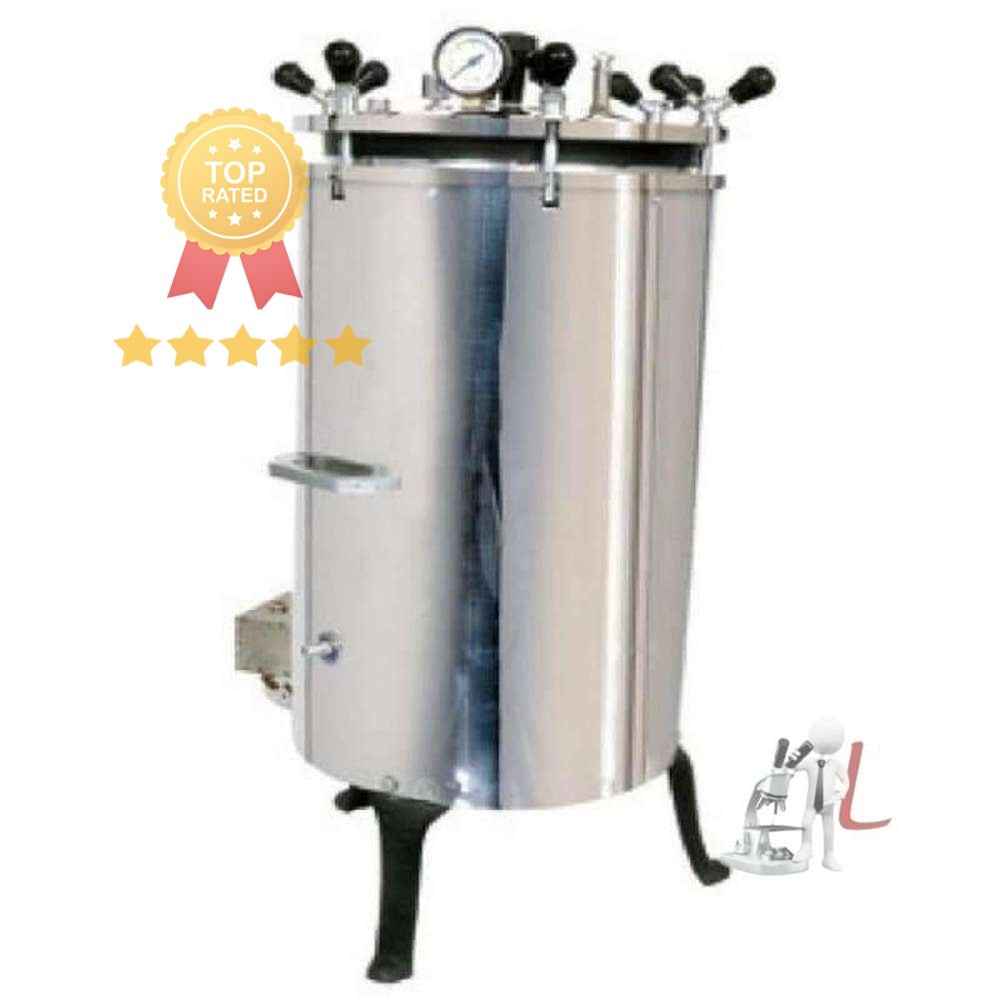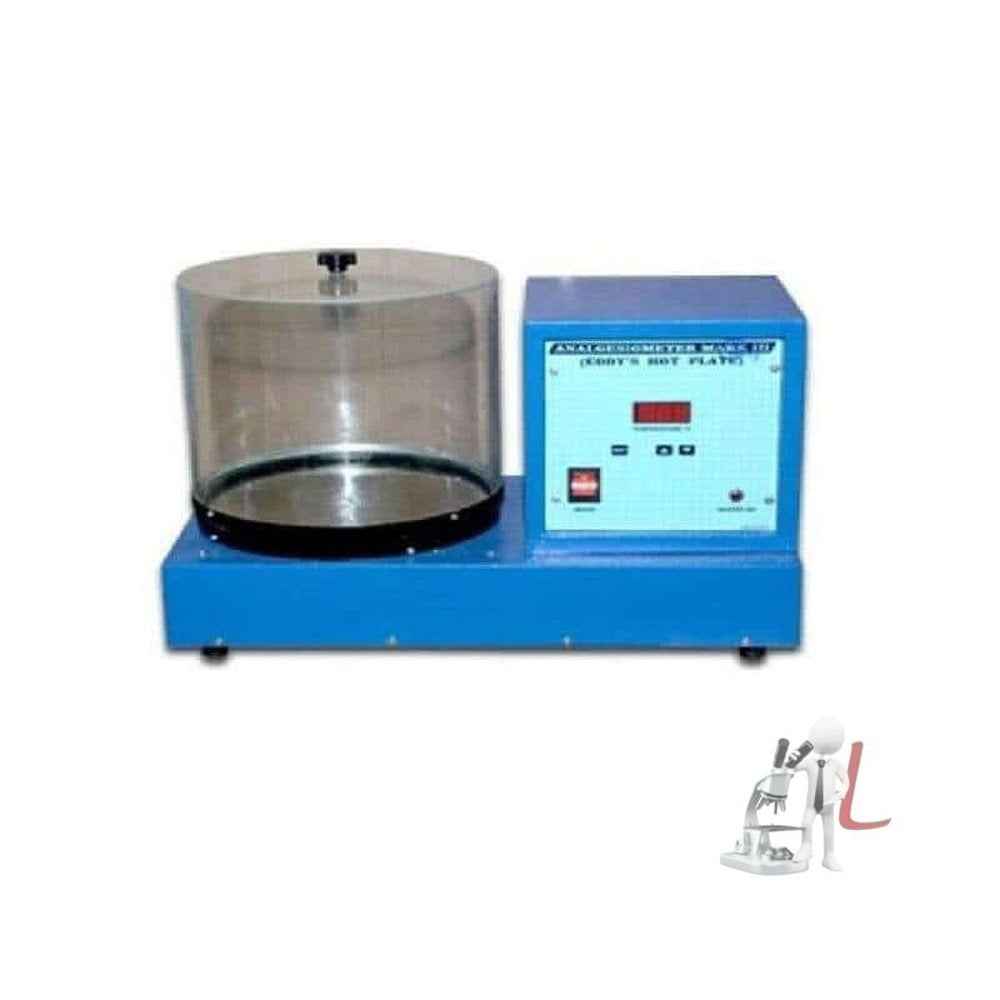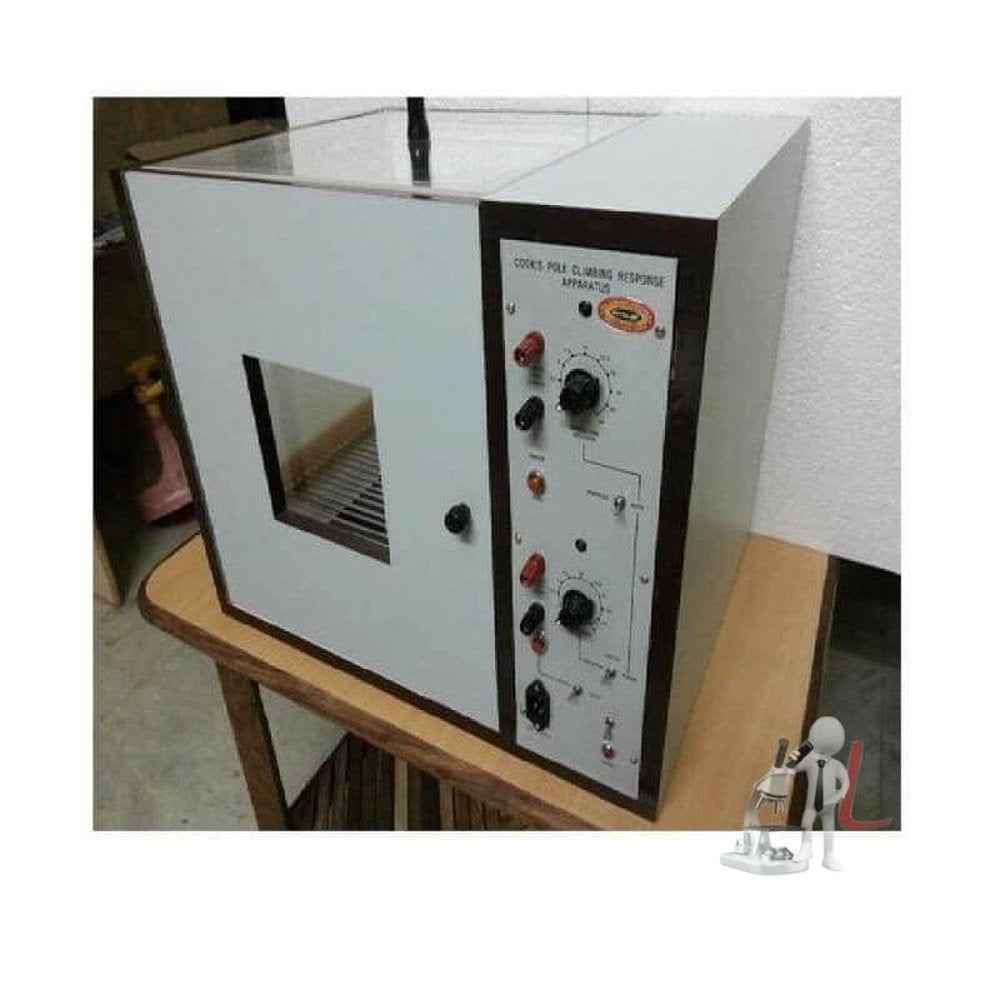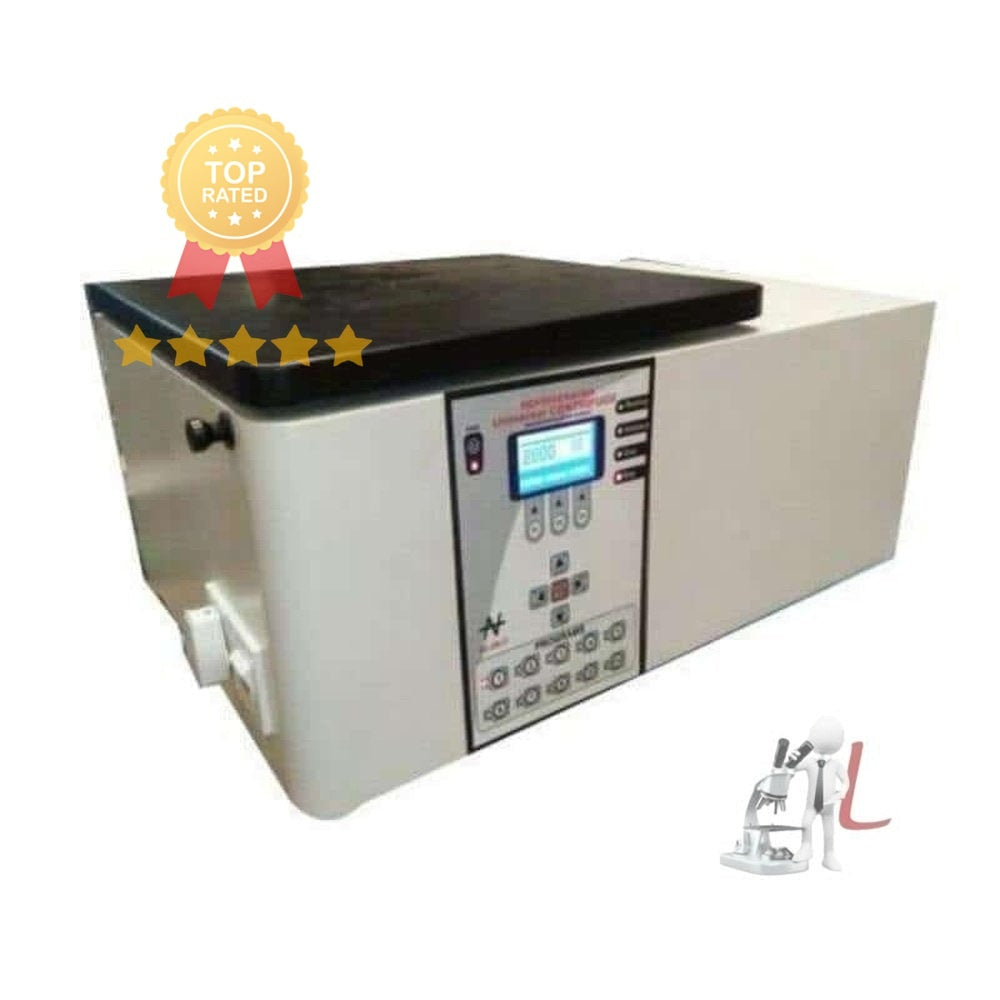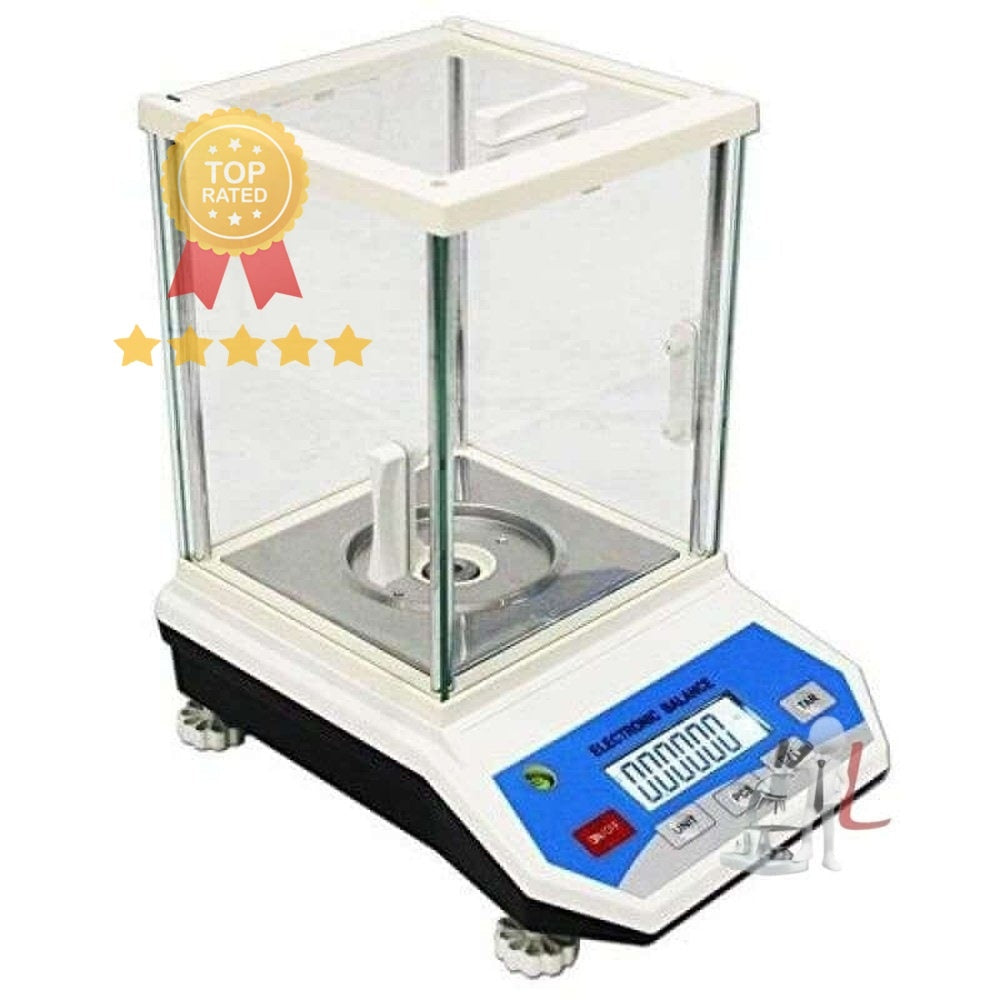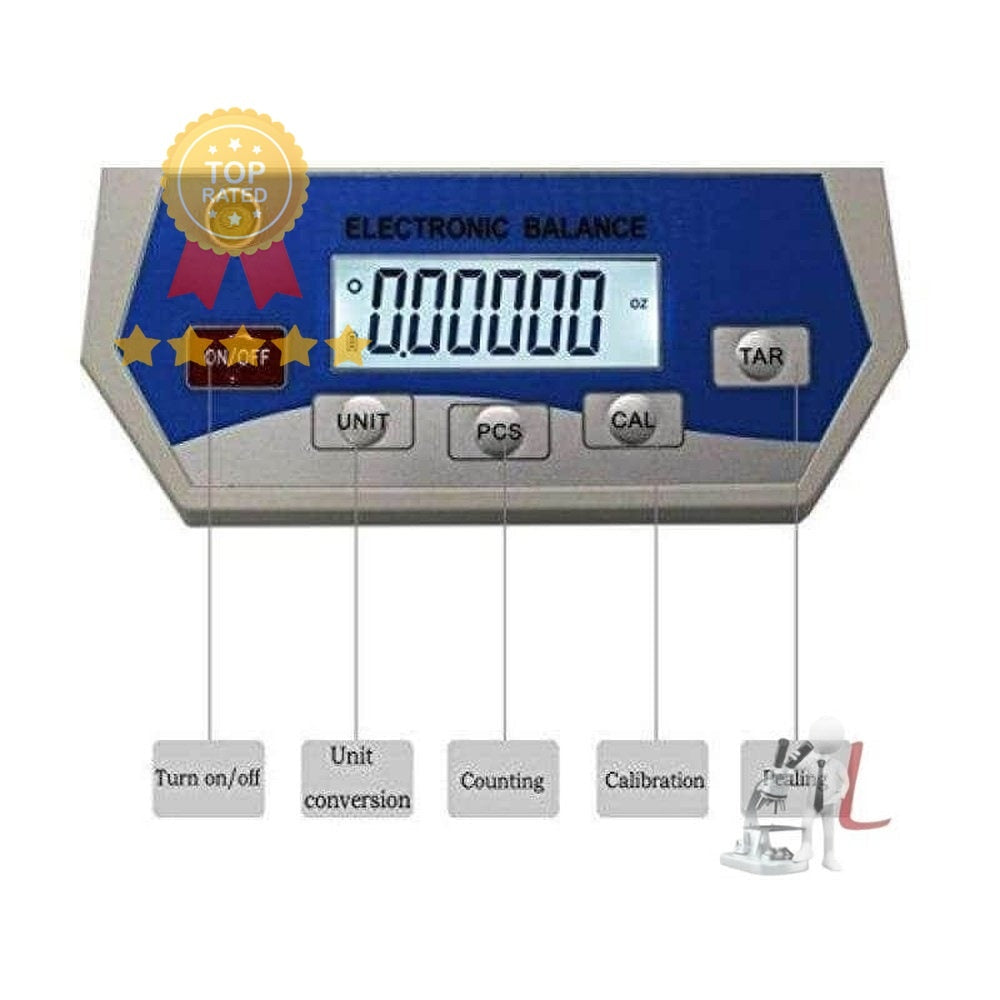Pharmaceutics Laboratory Equipment
Pharmaceutics Laboratory Equipment is essential for the formulation, development, and testing of pharmaceutical products. In the field of pharmaceutics, precise and reliable laboratory equipment is crucial. This equipment plays a vital role in ensuring that medicines are safe, effective, and meet regulatory standards.
In a typical pharmaceutics laboratory, various types of equipment are utilized to carry out a wide range of processes. These processes include mixing, granulation, coating, and the final formulation of drugs. Each piece of equipment serves a specific purpose and contributes to the overall success of the laboratory's objectives.
The equipment in a pharmaceutics laboratory can be broadly categorized into several sections. Firstly, we have the equipment for solid dosage form production, such as granulators, tablet presses, and coating machines. Granulators are used to create granules from a powder mixture, which are then compressed into tablets or processed further. Tablet presses are critical for producing tablets with uniform weight and hardness, while coating machines apply a thin layer of protective or decorative coating to the tablets.
Next, we have equipment for liquid dosage forms, which include mixers, emulsifiers, and filling machines. Mixers are used to blend liquids and achieve homogeneity, which is essential for solutions and suspensions. Emulsifiers help in the formation of stable emulsions, which are crucial for topical and injectable products. Filling machines ensure accurate and efficient filling of liquid products into vials, bottles, or syringes.
Another category of equipment pertains to analytical and quality control processes. High-Performance Liquid Chromatography (HPLC) and Gas Chromatography (GC) instruments are widely used for the analysis of drug compositions and impurities. Spectrophotometers are critical for determining the concentration of active pharmaceutical ingredients (APIs) and for monitoring stability studies. These analytical tools are integral to ensuring that the products developed meet the required quality standards.
Additionally, not to be overlooked is the importance of stability chambers, which are used to assess the stability of pharmaceuticals under various environmental conditions. These chambers simulate different temperature and humidity levels to predict how the product may behave over time. This is essential for determining shelf life and suitable storage conditions.
In modern pharmaceutics laboratories, automation and smart technologies are becoming increasingly significant. Automated systems can streamline the formulation process, reducing human error and increasing efficiency. Robotic systems for dispensing and sample analysis enhance the productivity of the laboratory. As a result, laboratories can manage larger volumes of work while maintaining high standards of quality and safety.
Moreover, safety should always be a priority in any pharmaceutics laboratory. This involves using equipment designed with safety features and adhering to best practices for equipment operation. Personal protective equipment (PPE) such as gloves, goggles, and lab coats are essential to protect laboratory personnel during experiments and processes. Proper training on equipment use and safety protocols ensures that all staff can operate equipment without risk of accidents or injuries.
Another vital aspect of pharmaceutics laboratory equipment is its need for regular maintenance and calibrations. This ensures that all equipment operates correctly and produces reliable results. Preventive maintenance schedules should be established and followed to minimize downtime and extend the life of the laboratory equipment.
The pharmaceutical industry is highly regulated, and the equipment used in pharmaceutics labs must comply with various standards set by regulatory authorities such as the FDA and EMA. This compliance is achieved through rigorous validation processes that confirm the equipment’s performance, accuracy, and reliability.
The use of quality pharmaceutics laboratory equipment is integral to various stages of drug development, from initial laboratory research to clinical trials and final product manufacturing. The lab's equipment can significantly impact the efficacy and safety of pharmaceutical products, influencing patient outcomes and public health.
In conclusion, Pharmaceutics Laboratory Equipment is a critical component in the field of pharmaceutical sciences. It supports the development, testing, and production of safe and effective pharmaceutical products. As technology advances, the capabilities of this equipment will continue to evolve, contributing to more efficient and effective drug development processes.
Filter
Sort by

